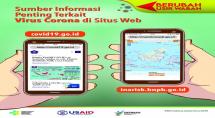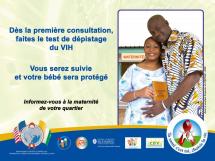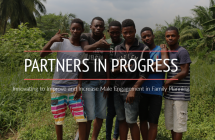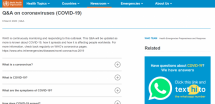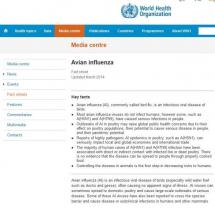Information on COVID-19 Websites in Indonesia
This material is promoting the official websites for COVID-19 in Indonesia.
Source: Johns Hopkins Center for Communication Programs
Date of Publication: July 21, 2020
SIMILIAR RESOURCES
Tools
Examples
- Actions to Support Media, Enhance Access to Information, and Leverage Digital Technologies in the Fight Against the Pandemic
- Coronavirus Pandemic: Tracking the Global Outbreak
- A Guide to WHO’s Guidance on COVID-19
- COVID-19: Resources to Address Gender-based Violence Risks
- Tools to Support Journalists and Newsrooms during COVID-19
- Coronavirus — COVID-19 Factsheet
- KAP COVID: Exploring Knowledge, Attitudes, and Practices for COVID-19 Prevention
- British Medical Journal COVID-19 Hub
- Internews COVID-19 Microsite
- Noora Health COVID-19 Resources

